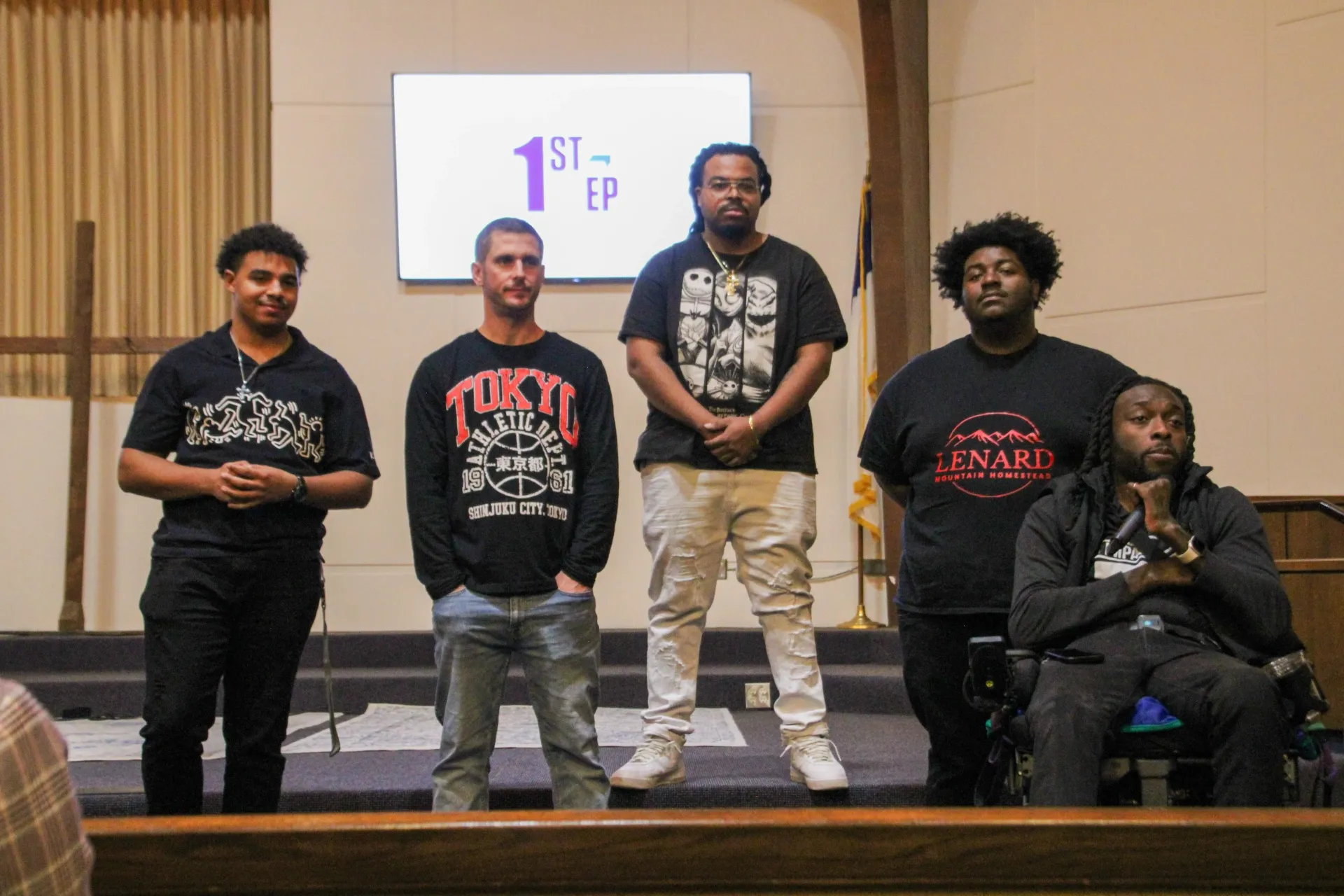Elevating the Process of Desistance
Desistance, the process of refraining from criminal behavior among individuals with a history of offending, is gaining attention within the 1st Step program despite its longstanding implementation of principles aligning with this concept. Academic criminologists are shifting their focus from mere recidivism rates to desistance, recognizing that recidivism fails to capture the effectiveness of criminal justice interventions fully. Desistance, unlike recidivism, centers on the journey rather than the outcome, acknowledging that criminal interventions cannot be adequately assessed through static recidivism rates, which often overlook any progress made by offenders beyond a predetermined period.
1st Step has long acknowledged the intricate nature of criminal behavior, prompting the exploration of various interventions based on diverse desistance theories and measurement approaches. While there is no universal formula or consensus on measuring desistance, proposed methodologies, such as Kristopher Bucklen's suggestion to gauge an individual's deceleration, de-escalation and “reaching a ceiling,” offer valuable insights into this dynamic process.
Desistance encompasses biological, psychological, sociological and agency-related components. Observations from my legal practice reveal a significant decline in criminal behavior with age, supported by scientific findings indicating that the human brain's full maturation occurs around the mid-twenties. During adolescence and early adulthood, the underdeveloped prefrontal cortex correlates with impulsive behaviors often associated with criminal involvement. Psychologically, transformations in participants' cognition, beliefs and actions contribute to behavioral modifications. Life transitions, such as parenthood, marriage or changes in social circles, can prompt internal shifts leading to desistance. Additionally, acknowledging and taking responsibility for past mistakes and transgression is crucial to the desistance process.
Recognizing the complexity of desistance, 1st Step adopts a holistic approach integrating pro-social activities, cognitive behavioral therapy, positive psychology alongside incentives for constructive behavior, mentorship, life skills development and vocational training. This comprehensive strategy has proven successful in facilitating desistance among program participants.










